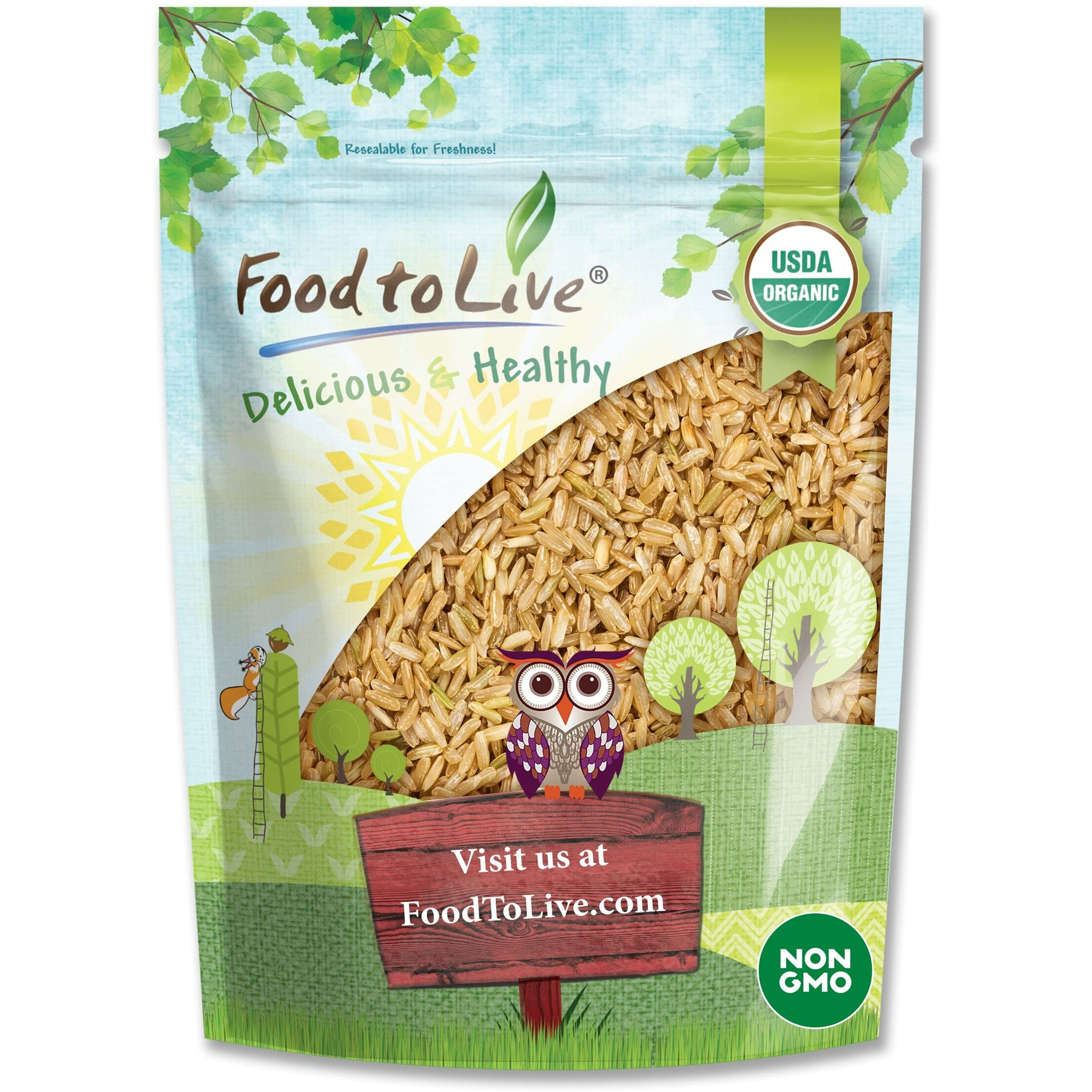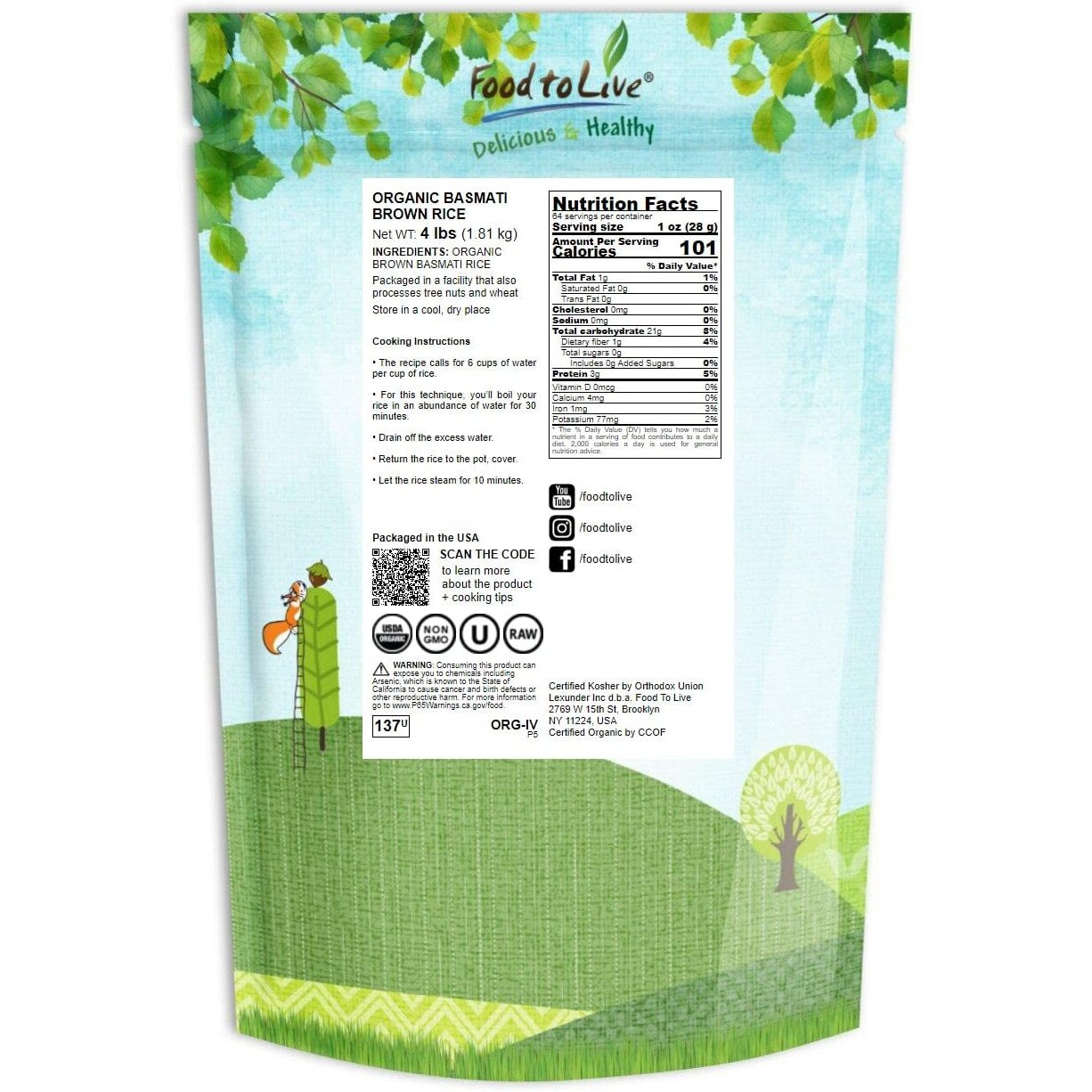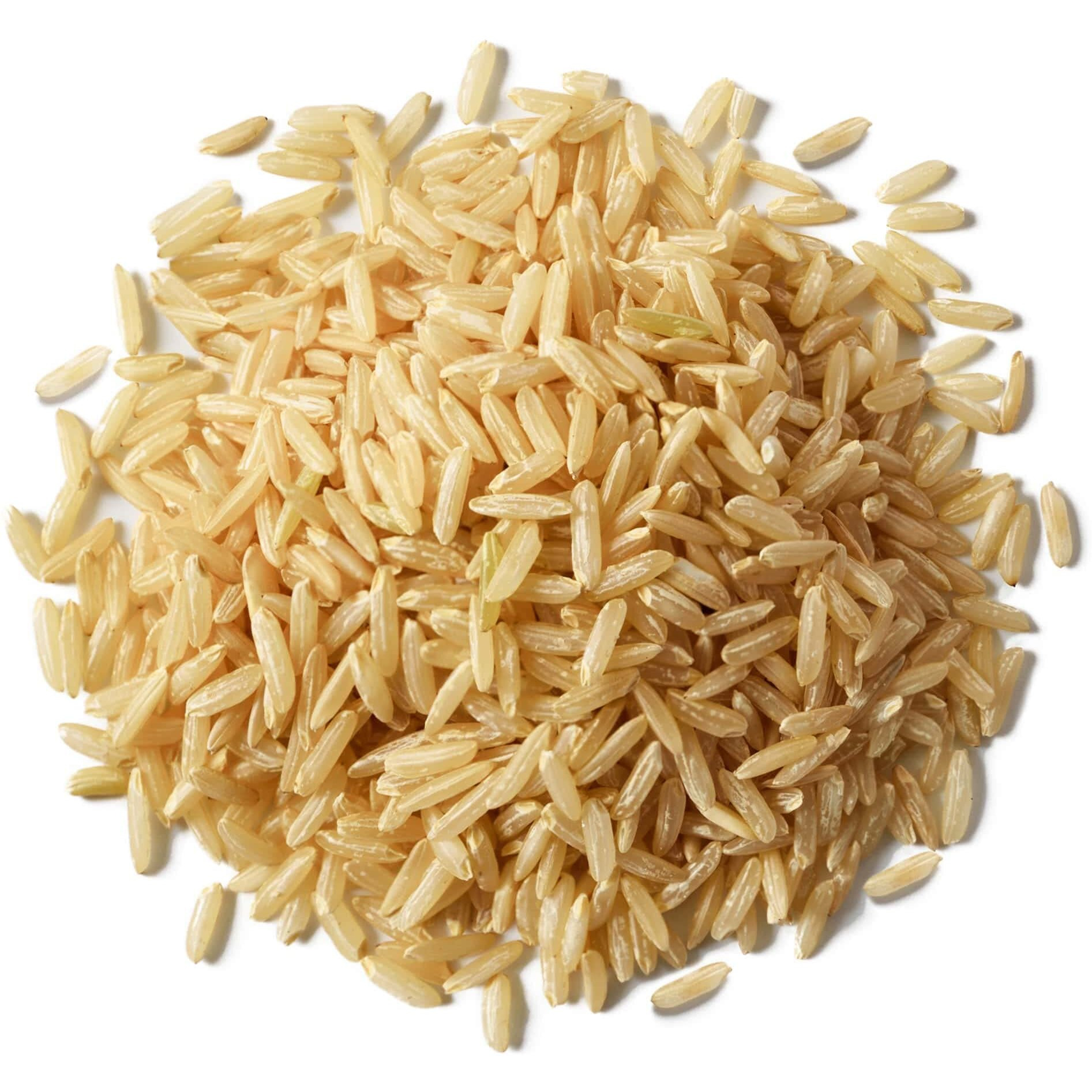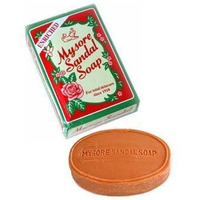What Is Brown Basmati Rice? Billions Of People All Over The World Eat Rice And Quite A Number Of Them Does So Daily As Its A Staple Food For The Entirety Of Asia. There Are Many Varieties Of This Grain And Each Of Them Has Its Own Unique Nutritional Makeup And Flavor. The Versatility Of It Is Increased Further By The Many Uses Of Rice, Which Range From Cooking To Cosmetics. All In All, This Grain Is Fantastic In All Its Forms, But Brown Basmati Rice Takes A Special Place Among Them Due To The Combination Of Its Nutritional Value And A Unique Flavor. This Particular Species Has Been Cultivated For Many Centuries. There Are Mentions Of It In The Ancient Indian Literature, And Its Safe To Assume That It Has Been Known To Our Ancestors From Much Earlier. Trading Caravans Brought Basmati Rice To The Middle East. It Has Become So Loved There That Now Its One Of The Major Ingredients Used In Many Local Dishes. Until Today India And Pakistan Remain The Main Producers Of Basmati Rice. This Encompasses Both Of Its Varieties, White And Brown, Which Differ By The Way The Kernel Is Processed. The Thing That Makes Brown Basmati Rice Stand Out Among The Other Types Of This Grain Is Its Elevated Fiber Content And A Truly Unique Aroma. The Latter Is Caused By The Fact That It Contains 12 Times More The Chemical That Gives Rice Its Natural Smell As Compared To Most Other Species Of Its Group.
Actual product packaging and materials may contain more and/or different information than that shown on our website. We recommend that you do not solely rely on the information presented and that you always read labels, warnings, and directions before using or consuming a product.
For additional information about a product, please contact the manufacturer. Content on this site is for reference purposes and is not intended to substitute for advice given by a physician, pharmacist, or other licensed health-care professional. ZiFiti does not assume liability for inaccuracies or misstatements about products.
Statements regarding dietary supplements have not been evaluated by the FDA and are not intended to diagnose, treat, cure, or prevent any disease or health condition.













